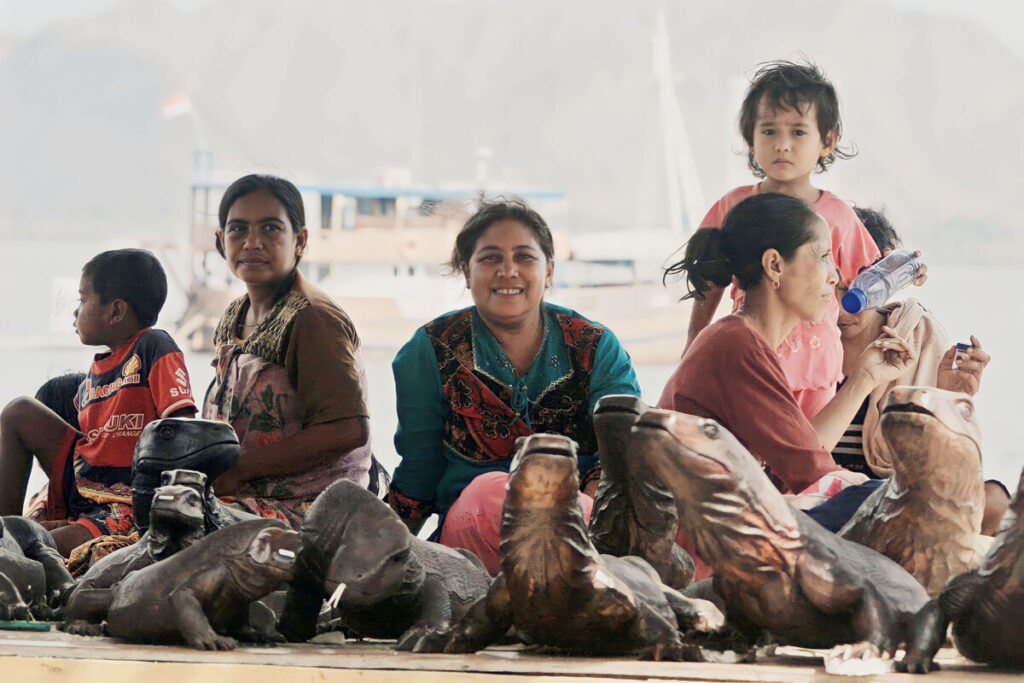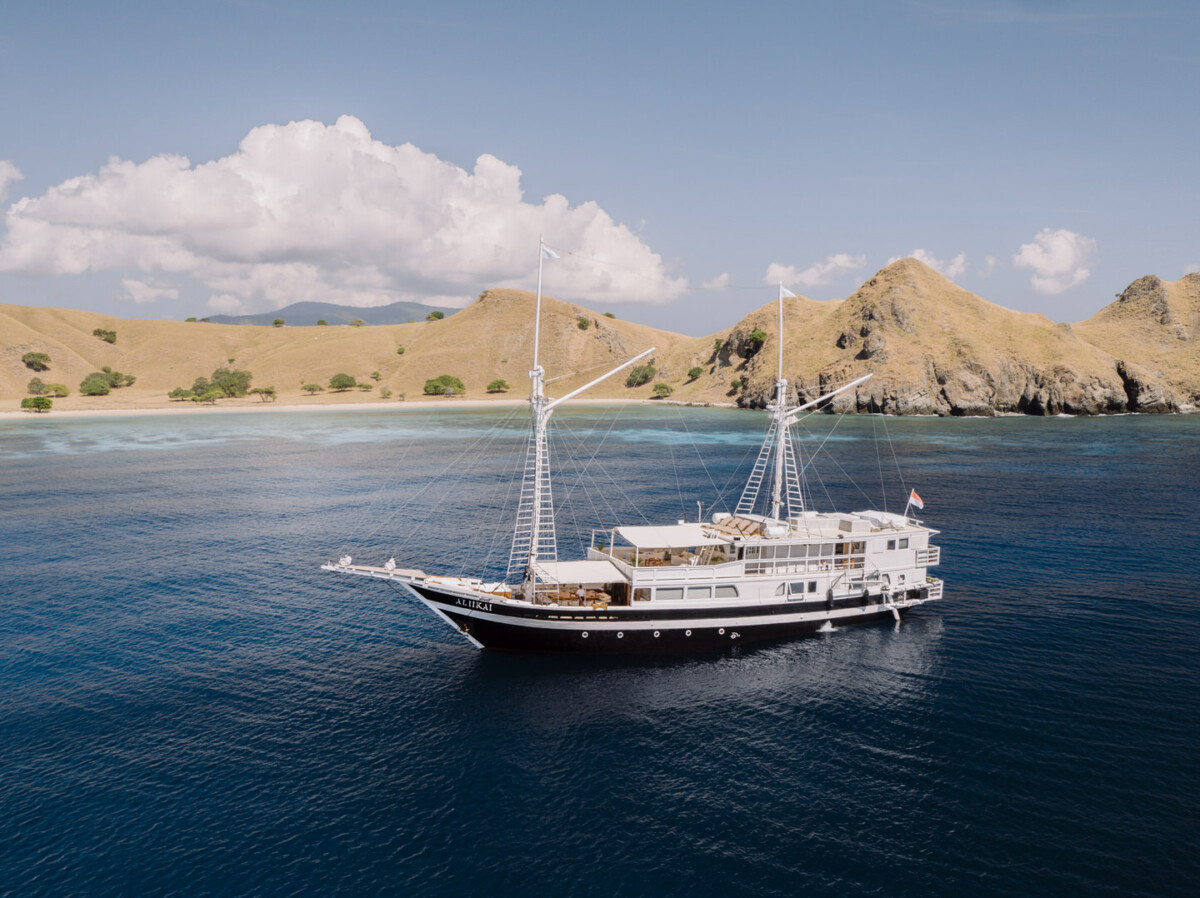Komodo Island in Indonesia is a popular tourist destination, attracting visitors from all over the world who are keen to explore its natural beauty and unique biodiversity. One of the most popular tourist activities is a Komodo boat trip around the island and its surrounding waters. While this type of tourism provides significant economic benefits to the region, it can also have socio-cultural impacts on local communities. This article will explore the socio-cultural impacts of Komodo boat trips on local communities.
Cultural Identity
Tourism can have a significant impact on the cultural identity of local communities. Komodo Island has a rich cultural heritage, and the tourism industry has the potential to either preserve or erode this cultural identity. One of the positive impacts of Komodo boat trips is the opportunity for tourists to learn about the local culture and traditions. Boat operators and tour guides often share information about the history and culture of the region, providing an opportunity for visitors to gain a deeper understanding of the local community.
On the other hand, the influx of tourists can also lead to cultural homogenization, where local communities adopt Westernized values and lifestyles to cater to the preferences of tourists. This can erode the region’s unique cultural identity, leading to the loss of traditional practices and cultural heritage.
Social Impacts
Komodo Sailing trips can also have social impacts on local communities. The tourism industry can create job opportunities and boost the local economy, providing financial benefits to local communities. This can improve infrastructure, education, and healthcare, benefiting tourists and locals alike.
However, the tourism industry can also lead to social inequality and conflict. The influx of tourists can lead to rising prices, making it difficult for locals to access essential goods and services. Moreover, the cultural differences between tourists and locals can sometimes lead to tension and misunderstanding, particularly when cultural norms and values clash.
Environmental Impacts of Komodo Boat Trip
While this article is focused on socio-cultural impacts, it is essential to note that the tourism industry can also have significant environmental impacts on local communities. Boat trips, particularly those involving large boats, can cause disturbance to the marine ecosystem and threaten the survival of marine species. Furthermore, boat trips can contribute to pollution in the surrounding waters, impacting the health and well-being of local communities relying on the marine ecosystem for food and livelihoods.

The socio-cultural impacts of Komodo boat trips on local communities are complex and multi-faceted. While these trips provide significant economic benefits to the region, they can also negatively impact local communities’ cultural identity and social well-being. Therefore, it is essential to promote sustainable tourism practices that prioritize the preservation of cultural heritage and social well-being while minimizing the tourism industry’s negative environmental impacts.
This can be achieved by partnering with local communities to develop culturally sensitive tourism that benefits the local economy. For example, developing community-based tourism initiatives can provide alternative livelihoods for local communities while preserving cultural traditions and values. Additionally, promoting responsible tourism behavior, such as respecting local customs and traditions, can help minimize the negative social impacts of Komodo boat trips on local communities. By adopting sustainable tourism practices, we can ensure that the socio-cultural impacts of the Komodo boat trip are positive and beneficial for tourists and local communities.
